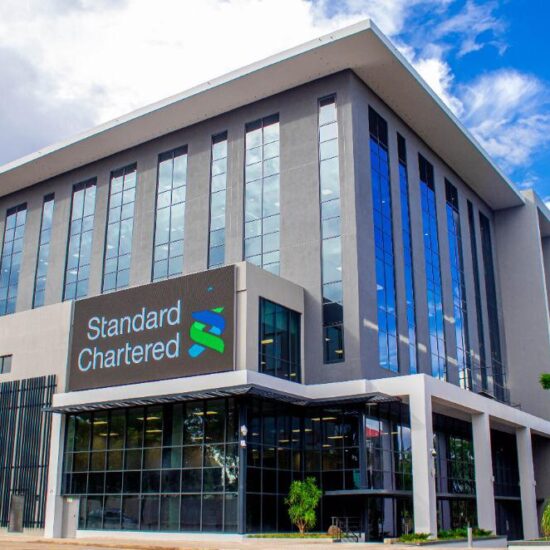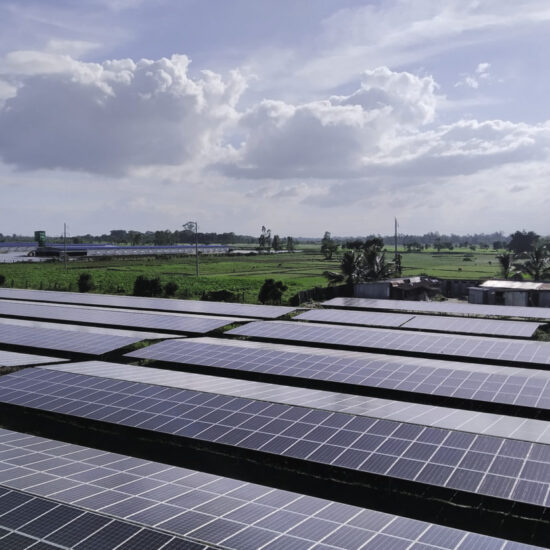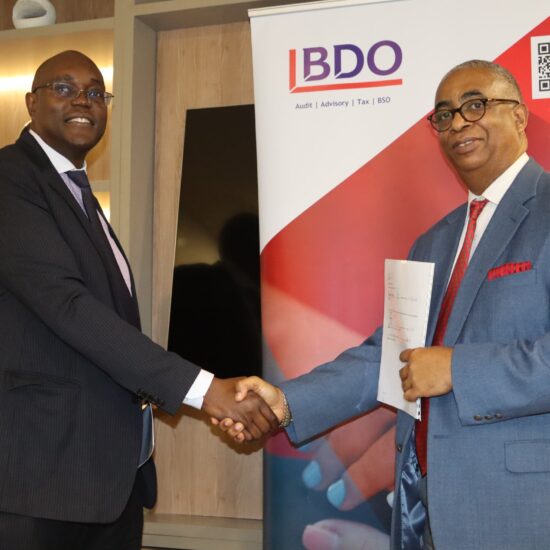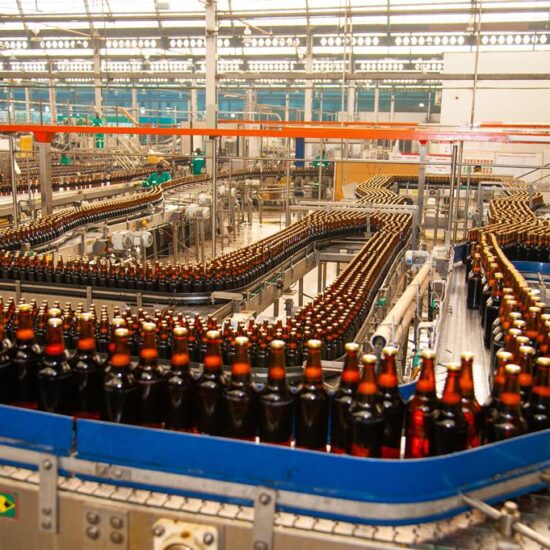
Questions on the deteriorating diplomatic relations between Zambia and its Southern neighbor Zimbabwe (Zim) have again come up following the emerging sporadic fuel shortages of diesel and petrol which the country is experiencing with sporadic queues forming at fueling stations.
According to ex-Puma executive and oil marketing consultant Knight Silumesi who spoke to the Zambian Business Times – ZBT in an exclusive interview, the introduction of a transit in and transit out tax or duty by Zimbabwe is one of the major reasons as notable quantities of fuel imports are trucked into Zambia via the Mozambique port of Beira, through Zimbabwe entering Zambia through Chirundu as the shortest road transit route.
This tax has resulted into oil transporters shunning using the Zim route, a strange move as this has led to them (Zim) losing out on revenue. It’s basically a transit in and out duty which they say they have put in place in trying to curtail fuel smuggling and adulteration while in transit in their country. The rate of the duty is astronomical from the Zambian truckers point of view, but they say its a duty you pay when transiting in and can be claimed back when transmitting out, but the drivers who have tried to pay this duty are saying its practically difficult to claim back.
This is what is making the whole tax when you look at its impact even on Zim itself, the loss of revenue and shunning of their country route, makes one think that there is more to this tax or duty than meets the eye. Silumesi told ZBT that it is this tax or duty that has led to most tanker transporters to shy away from using the Zim through to Chirundu border route, opting to use the longer Chanida border route which is currently heavily congested, adding to the longer delivery time for Zambia, further increasing the landing cost for dealers who now have to face a reduced pump price.
“First of all, naturally what happens is that when their is a reduction in pump prices, the players that had already made orders of the product which are still in transit or yet to be dispatched, will need to think through as their anticipated margins are immediately cut by the reduced price, the natural reaction is that the affected players hold back for fear of making losses” the oil consultant told ZBT.
This is because they made the orders at a higher price with an anticipation of the higher pump prices and are now forced to sell at a lower reduced price, they face consequential losses in their businesses. This is one of the major reasons which is affecting the supply of both petrol and diesel currently. However, there is another factor that has affected the fuel supply situation, there is a new tax or duty that were introduced in Zimbabwe about two months now, this tax has made it unfavourable for truckers to bring in oil consignments from Beira to pass through the shorter Zimbabwe Chirundu border route, resulting in most oil transporters channelling their trucks through Chanida border of Eastern province.
So, there is serious congestion at Chanida border because most of the oil tanker trucks are channeled through that border. Beira has been the major port for importing oil into Zambia, especially on finished petroleum products like Petrol and diesel. So this tax has caused queues and logistical challenges at Chanida. As you know, Chanida to Lusaka or Copperbelt is a longer route and has a longer lead time for delivery of products.
On whether the revised and reduced pump prices for Petrol and Diesel are cost reflective, Silumesi revealed that stated that its not cost reflective as per indications from most players and there is need for some more consideration to be given to stabilise the prices. He admitted that ERB had undertaken a positive move of reviewing upwards the margins for OMCs, transporters and dealers after about four years, but this risks being overtaken by the need for a further price consideration now that the pump priced have been reduced but have cost reflective challenges.
ERB however has continued to deny the emerging shortage of petrol and diesel at various fuelling stations across Zambia. Despite all the video, photo and confirmed reports of sporadic fuel shortages in Zambia in the past week, the Energy Regulation Board – ERB has refuted the reports. Efforts to get a comment from ERB after receiving the further reasons as above that this shortage has a Zim angle proved futile by time of going to press. However, spot checks by ZBT in Lusaka and key cities of Zambia proved that indeed some fuelling stations had run out and were turning away motorists.







